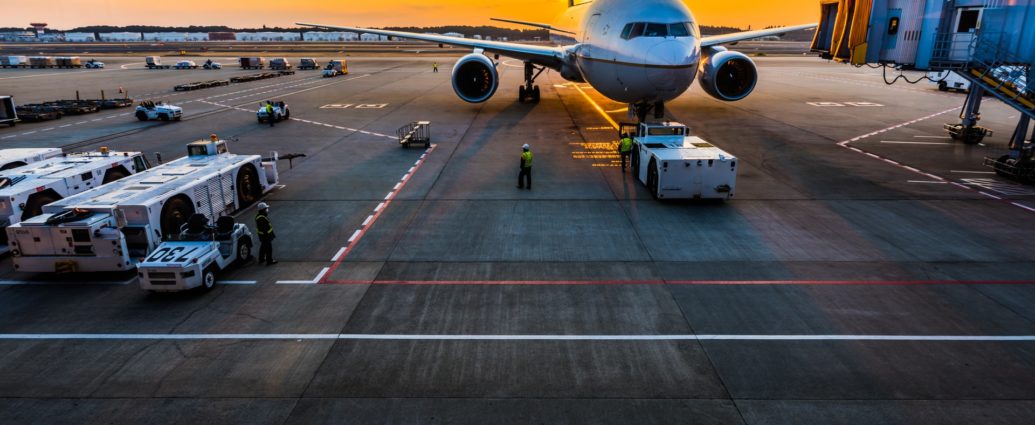Megan Geall
The first flight scheduled to fly asylum seekers to Rwanda in the government’s new plan to deal with asylum seekers has been cancelled last minute due to legal action and intervention from the European Court of Human Rights (ECtHR) in Strasbourg.
The controversial flight has been through days of arguments in UK courts with take-off finally being confirmed for Tuesday evening (14th June) at 22:30 from the military airport, Boscombe Down, in Wiltshire.
A court ruling from the ECtHR arrived at 19:30 and triggered more legal challenges in UK courts. All passengers on the plane were then removed by 22:15 and the plane was flown back to Spain empty.
“Preparation for the next flight begins now.” -Priti Patel
Home Secretary, Priti Patel, criticised the intervention stating that the government “will not be deterred from doing the right thing and delivering [their] plans to protect [the] nation’s borders.”
“Our legal team are reviewing every decision made on this flight and preparation for the next flight begins now.” Patel warned. She is expected to deliver a statement to the House of Commons today (Wednesday 15th June).
Details of the Intervention
Up to seven refugees were expected to be flown to Rwanda on a Boeing 767, chartered at an estimated cost of £500,000.
The Strasbourg court raised concerns about one of the refugees on board the plane, an Iraqi man known as KN. It is believed that KN could face “a real risk of irreversible harm” if he remained on the flight to Rwanda. While the UK courts agreed the flight could take place, the ECtHR, who have the final say in issues of human rights, ruled that one claimant’s concerns about the Rwanda scheme and the general conditions in the country were enough to challenge the flight.
This led to the other men on board the flight to submit similar appeals and eventually all the removal orders were scrapped.
The UK High Courts found that the man in question, KN, could be returned to the UK if his appeal against the Rwanda policy eventually succeeded. However, the ECtHR decided to put a stop to his initial flight as there is no clear, legally enforceable mechanism that would ensure his return to the UK.
The ECtHr also raised concerns about whether the refugees would have “fair and efficient” access to asylum procedures in Rwanda that would allow the confirmation of their refugee status in the country. It also stated that they were unsure whether Rwanda had been correctly assessed as a safe third country.
What is the Rwanda Asylum Plan?
It is meant to prevent “the work of criminal gangs”
The plan is aimed at mainly young, single men who arrive in the UK via unsafe measures like crossing the channel in boats or hiding in lorries. Boris Johnson announced the trial scheme that gives the Rwandan government £120 million to help process the refugees. If the trial is deemed a success by both countries, this initial cost will rise.
The government hopes that the idea of being flown to Rwanda and not being allowed to settle in the UK will discourage many from making the initial journey across the channel. It is meant to prevent “the work of criminal gangs” who transport refugees across the channel.
What will Refugees Experience in Rwanda?
Reports say that the Rwandan Government have adapted basic hotels in the country’s capital, Kigali, that will house the refugees while their asylum status is processed.
Some refugees work as farm labourers or domestic servants
“We want Rwanda to be a welcoming place,” said government spokesperson, Yolande Makolo. “We will do our best to make sure that the migrants are taken care of, and that they are able to build their lives here.”
Rwanda is already home to 150,000 refugees from other African countries and has the capacity to take in many more, including those from the UK. Some refugees work as farm labourers or domestic servants. The rest are unemployed and living on state benefits that equate to around £35 a month.
Many charities, including Asylum Aid, have expressed concerns about the nature of the conditions in Rwanda however the government has claimed that the country has undergone massive developments, labelled a “miracle”, since the 1994 genocidal war that killed 800,000 people. The main concerns are that 70% of the country’s population works as subsistence farmers, meaning they eat what they grow rather than sell it for a profit.
Featured image courtesy of VOO QQQ on Unsplash. Image license can be found here. No changes were made to this image.

